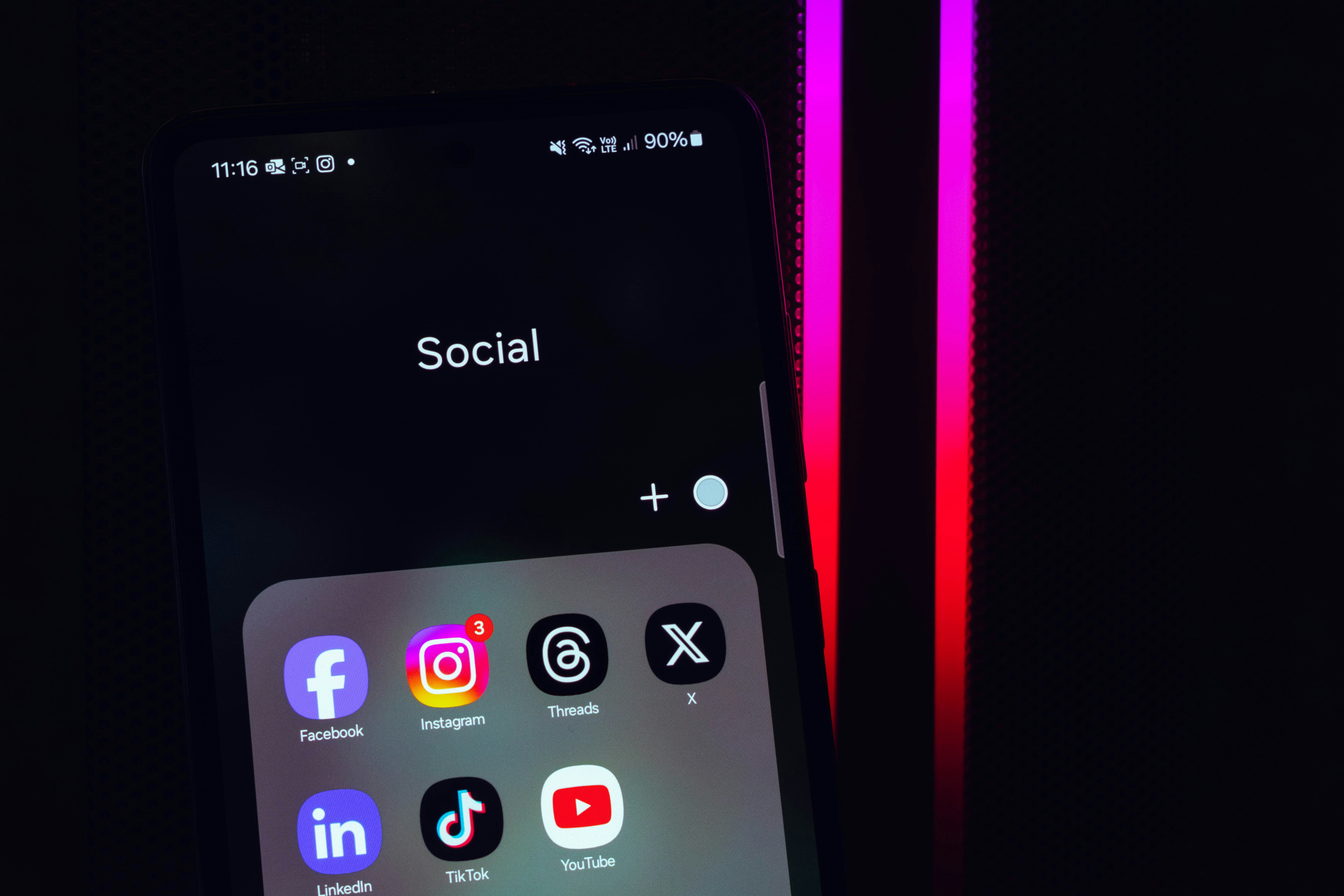"Beyond the Screen: The Unforeseen Consequences of Screen Time in Society"
In the not-so-distant past, a world without screens was not a dystopian concept but a reality. From the television's invention in the early 20th century to the proliferation of smartphones in the 21st century, society has witnessed an exponential rise in screen usage. This shift has not only changed the way we communicate, but it has drastically impacted various facets of our lives and society overall.

The Screen Time Phenomenon
The term “screen time” has become a buzzword in the digital era. As technology integrates itself more deeply into our everyday lives, understanding its sociological implications is paramount. The proliferation of screens in our lives, from smartphones to computers and tablets, has undeniably changed the fabric of human interaction and communication.
The Societal Impact of Screen Time
While the convenience and efficiency offered by screens are undeniable, this development has not come without its drawbacks. It has significantly changed how we interact, affecting our social behaviors and norms. We have transitioned from face-to-face communication to screen-mediated interactions, leading to changes in how we form and maintain relationships. These shifts are also influencing elements of our identity, altering how we perceive ourselves and others in the digital realm.
The Psychological Ramifications
The impact of screen time extends beyond the societal level. Research has revealed a myriad of psychological effects linked to excessive screen usage. From increased rates of depression and anxiety to decreased attention spans, the psychological implications of the digital age are vast and concerning. As society becomes more digitally interconnected, the mental health consequences of screen time become an increasingly significant concern.
Shaping the Future: Balancing Screen Time
Navigating the digital landscape is a complex task. As we continue to become more entwined with technology, finding a balance is crucial. It is essential to foster healthy digital habits and promote digital literacy, ensuring that society can reap the benefits of technology without succumbing to its potential harms.
The digital age has brought about a seismic shift in societal norms and behaviors. The prevalence of screen time is not merely a technological trend but a sociological phenomenon with profound implications. As we continue to chart this uncharted territory, understanding, adapting to, and mitigating the effects of screen time will shape the trajectory of our society.






